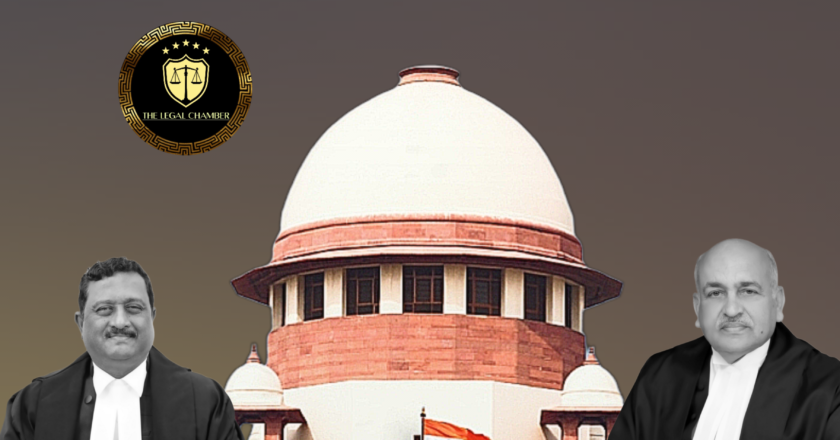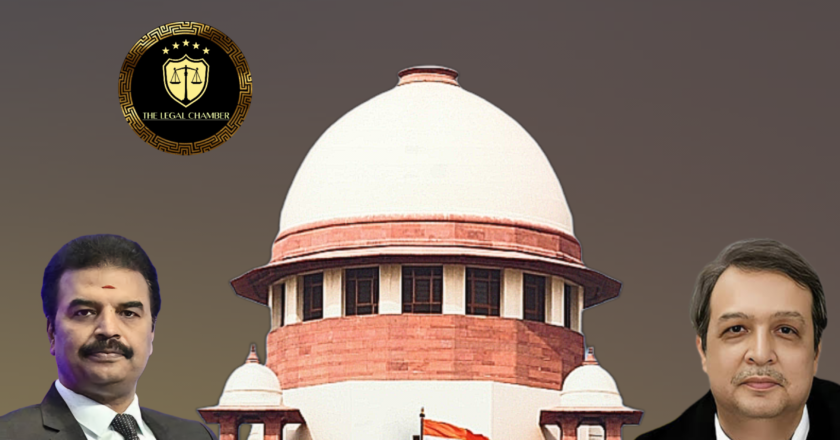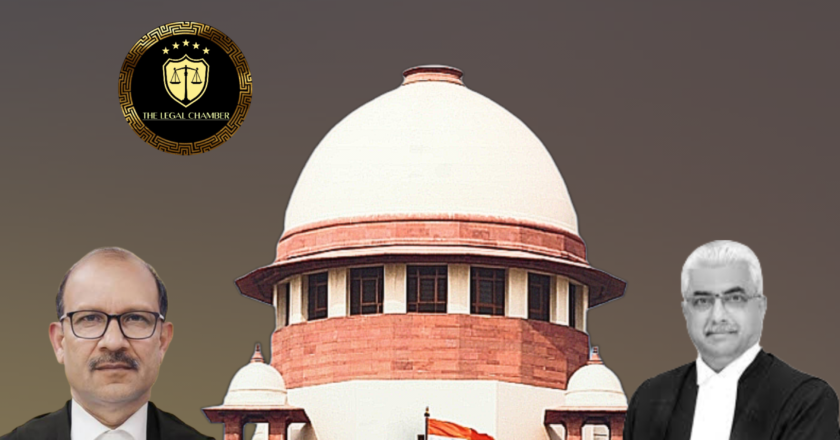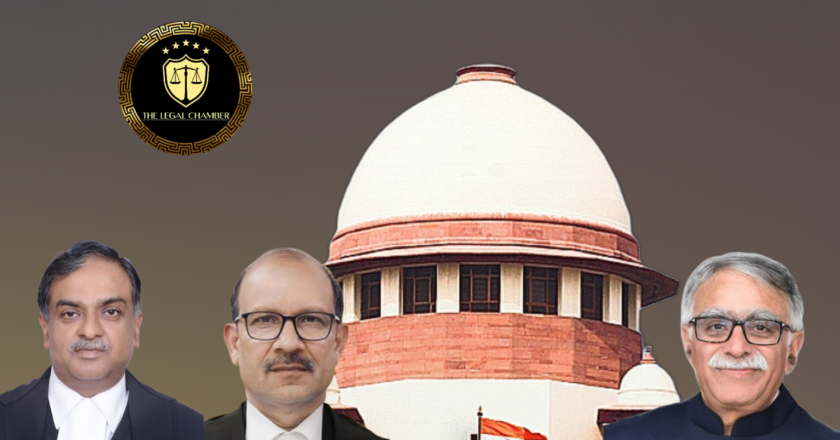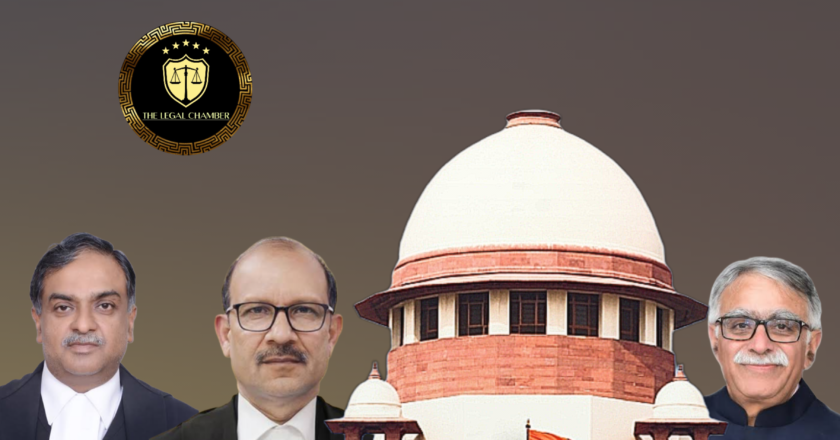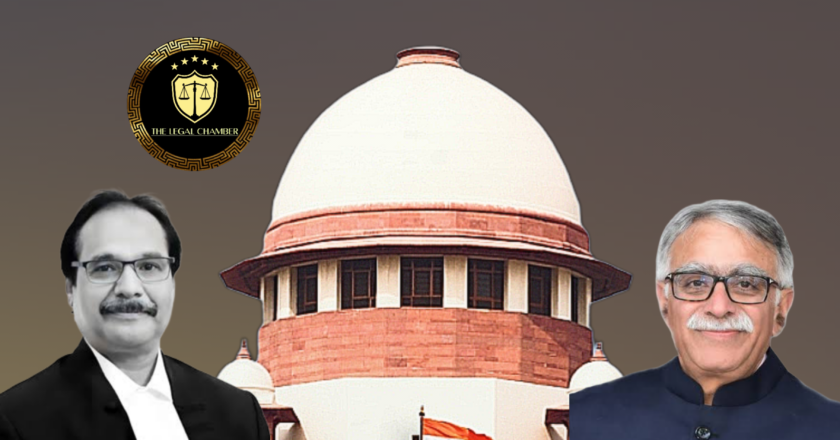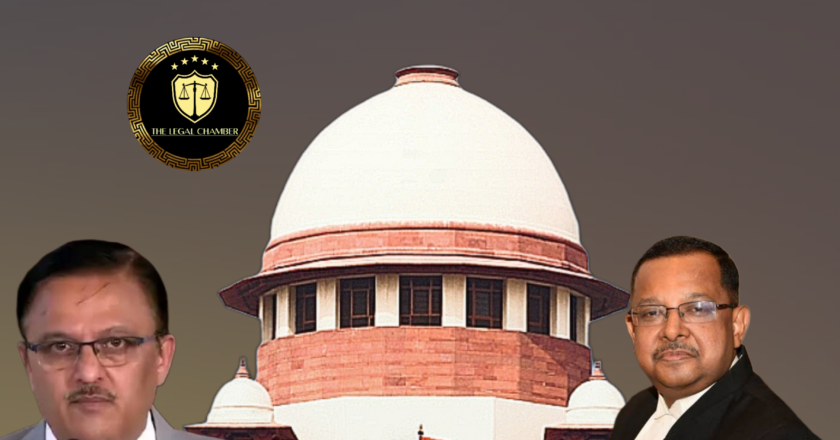Supreme Court Landmark Ruling: Legal Heir Can Continue Criminal Appeal if Original Victim Dies
This Supreme Court judgment clarifies that the legal right of a victim to prefer an appeal under Section 372 CrPC includes the right to prosecute it. The Supreme Court held that upon the death of the original victim-appellant, their legal heir is entitled to be substituted to continue the appeal, ensuring the victim's statutory right is not extinguished.
Facts Of The Case:
On December 9, 1992, an attack occurred stemming from previous enmity. The accused persons, armed with guns, sharp weapons, and bricks, assaulted informant Tara Chand (PW-1), his brother Virendra Singh, and his son Khem Singh (PW-3). As a result, Virendra Singh died, while Tara Chand and Khem Singh sustained injuries. The specific roles attributed were that accused Ashok fired at Virendra Singh, accused Pramod fi...

